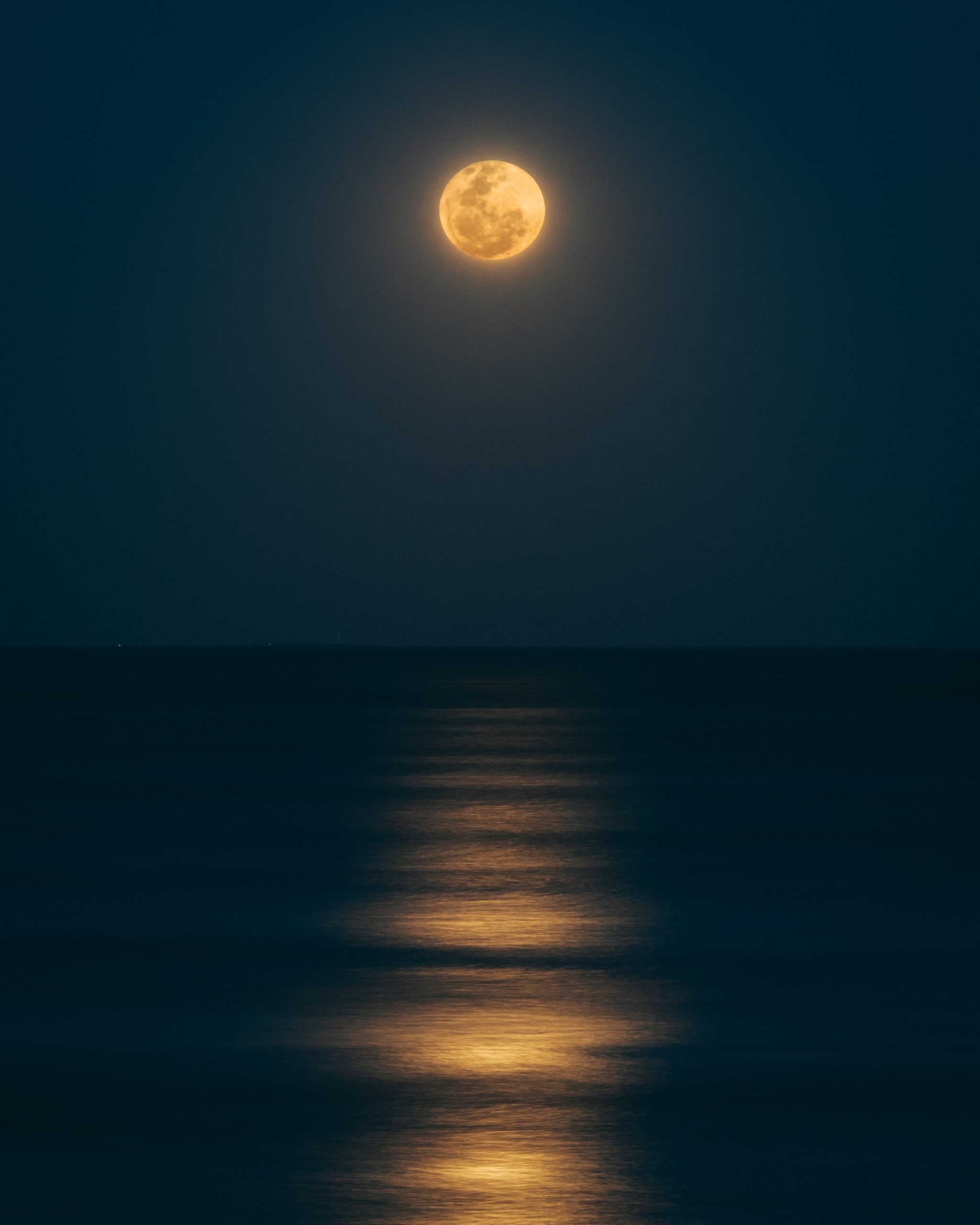Why Do I Get My Period on the Full Moon?
Many women have experienced the phenomenon of their menstrual cycle coinciding with the phases of the moon. This fascinating connection between the lunar cycle and menstruation has led to numerous theories and beliefs throughout history. While there is limited scientific evidence to support this association, it remains an intriguing topic of discussion. In this blog post, we will explore the theories behind why some women claim to get their period on the full moon.
The Lunar Cycle and Menstruation
The lunar cycle refers to the approximately 29.5-day cycle in which the moon orbits the Earth. This cycle is divided into eight phases, with the full moon occurring when the moon is fully illuminated as seen from Earth. Menstruation, on the other hand, is the cyclic release of the uterine lining that occurs in fertile females.
While the average menstrual cycle of a woman lasts around 28 days, there can be significant variations. Factors such as hormonal fluctuations, stress, diet, and lifestyle choices can influence the length and regularity of the menstrual cycle. Therefore, associating menstruation with the lunar cycle becomes a matter of personal perception rather than objective scientific evidence.
Theories Behind the Connection
Despite the lack of concrete scientific evidence, several theories have emerged to explain the perceived correlation between menstruation and the full moon:
- Historical Observations: In ancient times, people relied heavily on the moon to keep track of time and seasons. The full moon was considered a significant event, often associated with fertility rituals and celebrations. It is possible that this historical significance led women to associate their menstrual cycles with the full moon, reinforcing the idea over generations.
- Synodic Lunar Cycle: The synodic lunar cycle refers to the time it takes for the moon to return to the same phase, approximately 29.5 days. Some proponents of the moon-menstruation connection argue that this synchronization may be due to women naturally aligning their menstrual cycles with the lunar cycle over time. However, there is no scientific evidence to support this theory.
- Gravity and Fluid Retention: The moon’s gravitational pull affects tides on Earth, leading some to speculate that it may also influence bodily fluids. According to this theory, the full moon’s increased gravitational pull may cause fluid retention in the body, leading to bloating and an increased likelihood of experiencing menstrual symptoms.
- Psychological Factors: Psychological and emotional factors can influence the perception of bodily changes. It is conceivable that cultural beliefs, personal expectations, and the power of suggestion contribute to the perception of synchrony between menstruation and the full moon.
The Science behind Menstruation
Menstruation is primarily governed by hormonal changes in the female body, particularly the rise and fall of estrogen and progesterone levels. These hormonal fluctuations occur on an individual basis and are not directly influenced by external factors such as the lunar cycle.
The menstrual cycle begins with the shedding of the uterine lining (menstruation) and ends with ovulation, where an egg is released for potential fertilization. If fertilization does not occur, the uterine lining is shed once again, marking the start of a new menstrual cycle. This process is regulated by a complex interplay of hormones, including follicle-stimulating hormone (FSH), luteinizing hormone (LH), estrogen, and progesterone.
The Experience of Synchrony
Despite the lack of scientific evidence explaining the supposed connection between menstruation and the full moon, many women continue to report experiencing synchrony between their menstrual cycles and the lunar cycle. The human mind is susceptible to identifying patterns and making connections, even in the absence of a direct cause-and-effect relationship.
It is worth noting that reliable scientific studies investigating this phenomenon are limited. The majority of information surrounding lunar menstrual synchrony is anecdotal and based on personal experiences. Without rigorous scientific research, it is difficult to draw definitive conclusions.
In Conclusion
While many women believe their menstrual cycles align with the full moon, the scientific evidence supporting this connection is scarce. Theories surrounding the lunar cycle and menstruation range from historical beliefs to the influence of gravity and psychological factors. However, these theories lack empirical evidence, and the perceived synchrony between menstruation and the full moon may rely heavily on personal perception rather than objective reality.
It is important to approach this topic with an open mind and an understanding of the potential biases and cultural influences that may shape individual experiences. Further scientific research is necessary to explore the connections between the lunar cycle and menstruation, if any.
Ultimately, the menstrual cycle is a fascinating and complex process influenced by various biological and environmental factors. While the notion of menstruating on the full moon has captivated imaginations for centuries, it is vital to distinguish between personal anecdotes and scientific evidence when considering the connection between the two.
Table of Contents
